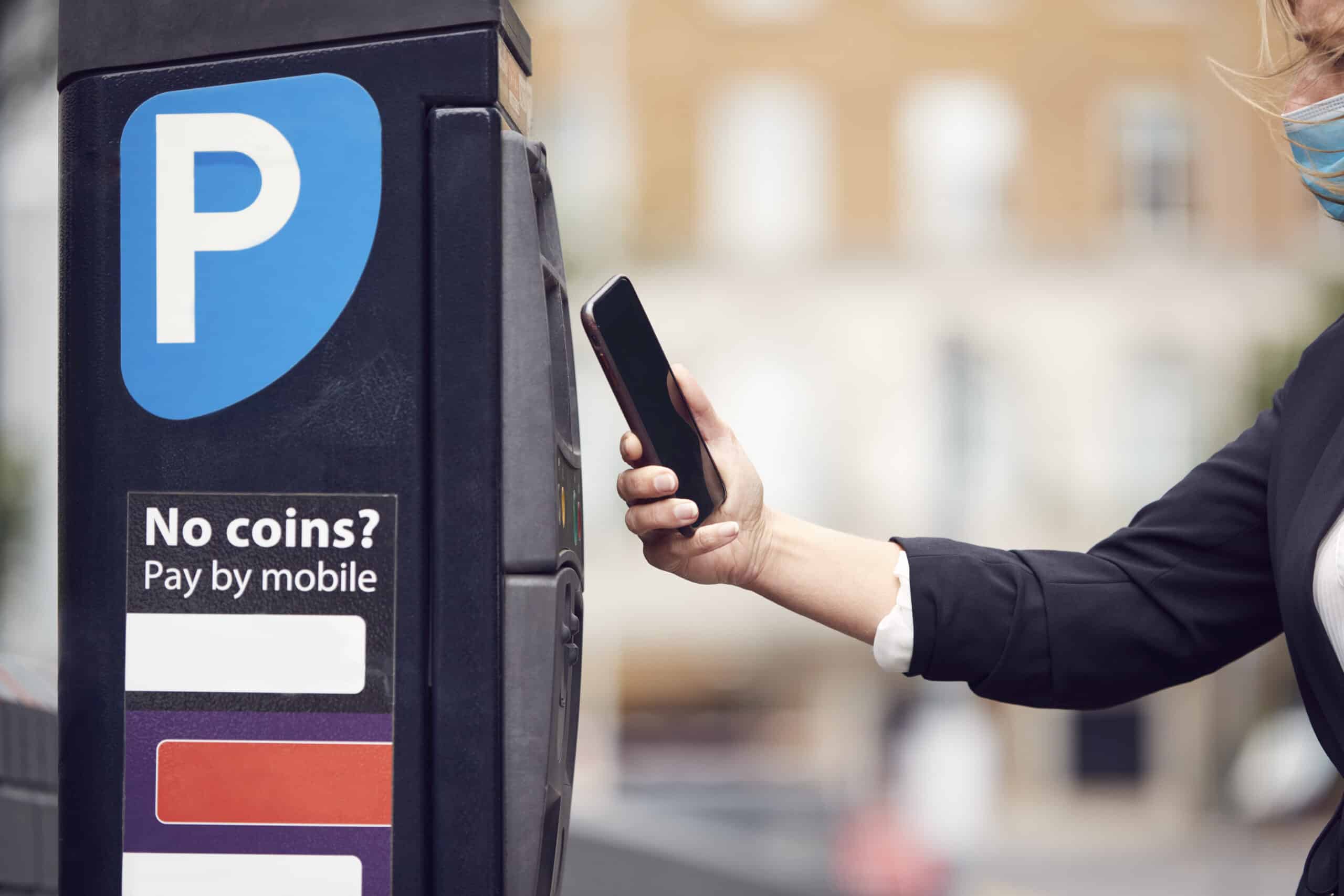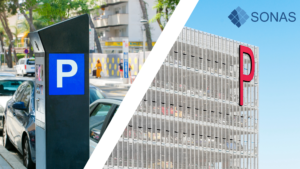Multivendor cashless parking is a form of digital parking. Mainly, where local authorities or private operators open up the market. Notably, providing several cashless parking solutions delivered via mobile app and across one area. This enhances motorists’ choice and increases competition, helping improve solutions in the marketplace. But a multivendor creates a more difficult process in the back-office for validation and consolidation of revenues for full compliance. Not only this, it means data is more disparate and consolidated reporting becomes more of a challenge.
Is Multivendor the future?
The multivendor approach means motorists will have greater choice. Mainly, the council will benefit from no longer having to carry out regular procurement processes for a digital cashless permit.
A Multivendor parking model has been used in many countries for decades and is now widespread across Europe. The UK, however, developed cashless parking via an alternative tender model. Essentially, local authorities carry out regular procurement, and a single service is offered in each area.
Several local authorities in the UK have started rolling out Multivendor models. Notably, Cambridgeshire Council was the first to offer multiple services in April 2019, with the BCP Council shortly implementing this. Next, Manchester City Council and Oxfordshire County Council with many more following.
Cambridgeshire and Bournemouth, Christchurch and Poole offer three solutions. They allow drivers to pay for parking through RingGo, PayByPhone or JustPark. Notably, Manchester is now operating with four.
Is there a multivendor cashless platform?
In theory, yes, there are apps to run multiple cashless providers at your location(s), meaning customers pay using their preferred provider rather than downloading another app. Undoubtedly, this may increase consumers’ attitude towards multivendor but does not solve the issues the council will face in the back-office regarding reconciliations and reports.
How does this affect reconciliation and compliance?
Reconciliation, in simple terms, is matching two sets of data and establishing any differences. In the parking industry, the reconciliation of cashless providers would be a process of matching the settlement data against the live data. Following this, the amount banked. However, with the evolution of multivendor parking, the car parking owner or local council now has to manage the reconciliation of not only one cashless solution but many. As well as the reconciliation of cash payments, PCNs, permits and more.
Without a doubt, it is crucial more than ever for full compliance and transparency to have a consolidated view of all payments and revenues. Along with an automatic reconciliation for ease and real-time reporting to make data-driven decisions.
How can Sonas support the move to multi vendors?
Sonas is an all-in-one cloud-based reconciliation solution tailored to the parking industry. At Sonas, we know that multiple payment methods can be brutal to validate, and the reconciliation process can be both demotivating and time-consuming. If you rely too much on reconciling spreadsheets or make it impossible to access real-time reporting, it’s time to make a change.
We can help you track and reconcile your entire revenue journey from your parking machines to validate your cash and digital balances, identify and manage exceptions and track resolution. As well as validation of incoming data from cashless payment providers and cash management firms.
To find out more, email us at info@sonassystems.com, where we would be happy to answer any of your reconciliation questions.






